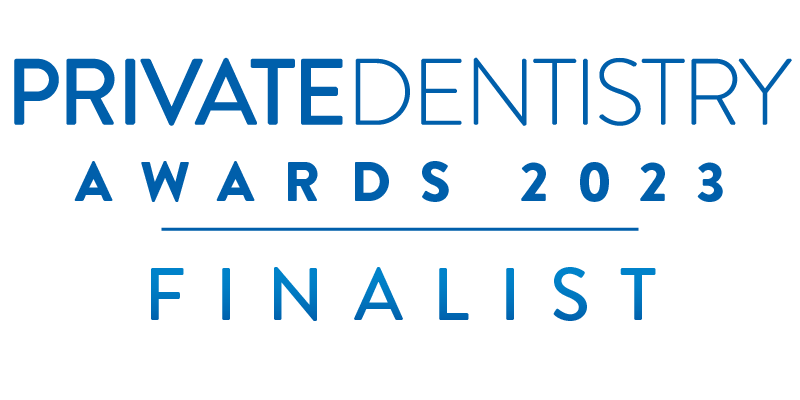NHS Dental Charges Information (fees updated 01/04/25)
If you normally pay for NHS dental treatment, the amount you spend will depend on what clinical treatment you need.
Some people do not have to pay for NHS dental treatment – see Who is entitled to free NHS dental treatment in England?
NHS dental charges
There are three NHS charge bands:
- Band 1: £27.40 covers an examination, diagnosis and advice. If necessary, it also includes X-rays, a scale and polish and planning for further treatment.
- Band 2: £75.30 covers all treatment covered by Band 1, plus additional treatment, such as fillings, root canal treatment and removing teeth (extractions).
- Band 3: £326.70 covers all treatment covered by Bands 1 and 2, plus more complex procedures, such as crowns, dentures and bridges.
For more information, see What is included in each NHS dental band charge?
What if I need more treatment?
If, within two months of completing a course of treatment, you need more treatment from the same charge band or a lower one – such as another filling – you don’t have to pay anything extra.
However, after two months of completing a course of treatment , you will have to pay the NHS charge Band (listed above) for any dental treatment received.
Emergency or urgent treatment
If you require urgent care, you will only need to pay one Band 1 charge of £26.80. Most urgent treatments can be done in one appointment. However, if more than one visit is required and you return to the same dentist to complete your urgent treatment, the Band 1 urgent charge is all that you should pay.
Once your urgent course of treatment is complete, you may be advised to make another appointment for a separate course of non-urgent treatment. In this case, the relevant Band charge will apply.
When you don’t have to pay
You don’t have to pay a dental charge:
- for denture repairs
- to have stitches removed
- if your dentist has to stop blood loss
- if your dentist only has to write out a prescription – however, if you pay for prescriptions, you’ll have to pay the usual prescription charge of £9.90 when you collect your medicine(s)
Personal dental treatment plan
Your dentist should give you a personal treatment plan before you have Band 2 or 3 treatment. The plan gives details of the treatment and the amount you’ll have to pay. You’ll be asked to read and sign the plan.
If you’ve discussed having private treatment with your dentist, the details and costs of this treatment will be listed separately on your treatment plan.
Before having dental treatment, talk to your dentist about the benefits and any risks involved.
Paying for treatment
Your dentist is entitled to ask for your payment at any stage of your treatment. As payment policies vary between practices, ask your dentist about when you will have to pay.
Referral to another dentist
If you’re referred to another dentist to complete your treatment, you will still only pay one Band charge. You will pay the full amount to the dentist who refers you.
If you’re referred to a private dentist (and you accept this option) you will:
- pay the appropriate NHS Band charge to the dentist who referred you, and
- pay a fee for the dental work carried out by the private dentist you are referred to
Further information:
- Who is entitled to free NHS dental treatment in England?
- What is included in each NHS dental band charge?
- How can I access an NHS dentist in an emergency or out of hours?
- Which dental treatments are available on the NHS?
- Why has my NHS dentist charged me for private treatment?
- Teeth cleaning guide
- NHS dental services



